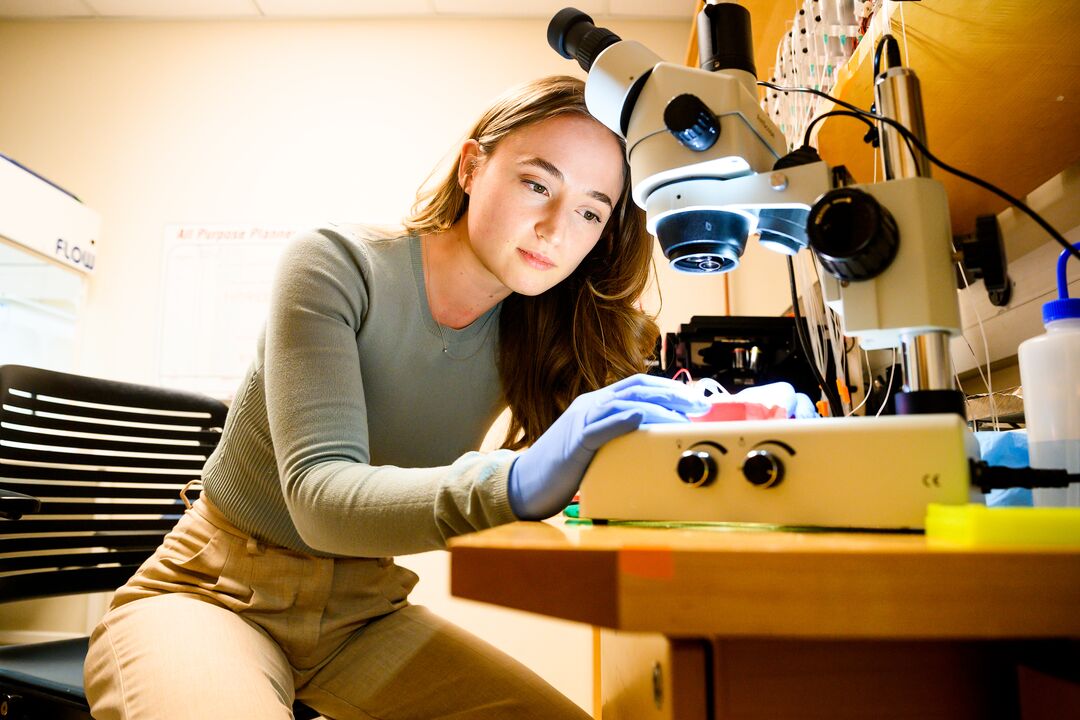
Research in Medical Genetics
We conduct comprehensive research using advanced genomic and molecular tools, integrating novel technology and improved diagnostics with personalized medicine.
Division faculty are involved in many basic and clinical research projects within the field of medical genetics. For details, visit the Current Research section of each individual's faculty biography.
- Joseph Shieh, MD, PhD's research program seeks to understand how genetic and epigenetic alterations in the human genome influence health. Using large-scale genomic studies and novel molecular analyses, the Shieh laboratory strives to develop strategies to predict disease and response to therapies.
- Jessica Tenney, MD
- Allison Tam, MD
- Irene Chang, MD
- Hind Al Saif, MD
